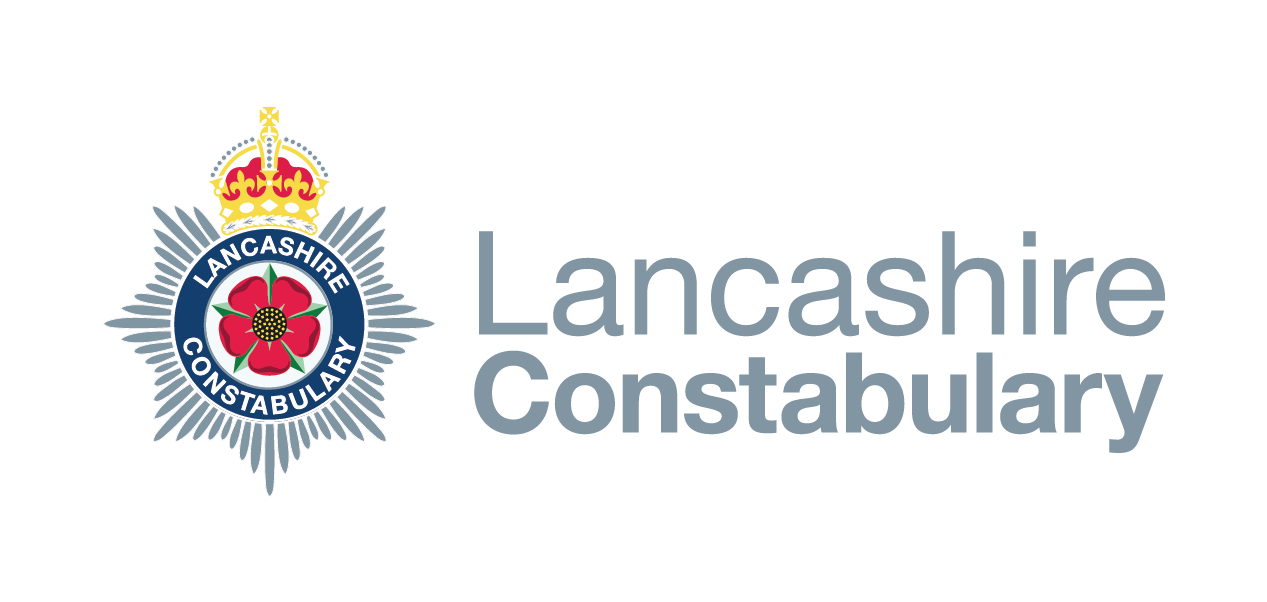Someone has sent me an email which I suspect to be a scam, what do I do about it?
Usually scam emails are sent from outside of the UK which makes it difficult for the police to trace the people sending them, this is often part of the text of the email such as winning a lottery in a foreign country, asking for money to invest in a foreign business venture to to help someone in a foreign country who might be in need.
Sometimes the fraudsters will claim to be a legitimate business such as a bank or a government department, these are easy to check as you can contact the company concerned by searching for a legitimate telephone number or email address via a search engine rather than responding directly to the email.
What should you do if you’ve received a scam email?
- Do not click on any links in the scam email
- Do not reply to the email or contact the senders in any way
- If you have clicked on a link in the email, do not supply any information on the website that may open
- Do not open any attachments that arrive with the email.
If you think you may have compromised the safety of your bank details and/or have lost money due to fraudulent misuse of your cards, you should immediately contact your bank.
If you've been a victim of fraud, report it to Action Fraud.
Fake emails often (but not always) display some of the following characteristics:
- The senders email address doesn’t tally with the trusted organisations website address.
- The email is sent from a completely different address or a free web mail address.
- The email does not use your proper name, but uses a non-specific greeting like “dear customer”.
- A sense of urgency; for example the threat that unless you act immediately your account may be closed.
- A prominent website link. These can be forged or seem very similar to the proper address, but even a single characters difference means a different website.
- A request for personal information such as user name, password or bank details.
- The email contains spelling and grammatical errors.
- You weren't expecting to get an email from the company that appears to have sent it.
- The entire text of the email is contained within an image rather than the usual text format.
- The image contains an embedded hyperlink to a bogus site.
The reports received by Action Fraud will be forwarded to the National Fraud Intelligence Bureau run by the City of London Police for collation and analysis. This will enable crucial intelligence to be gathered and preventative action to be taken. The activity will seek to disrupt the fraudsters and close down the links between them and the victim.

